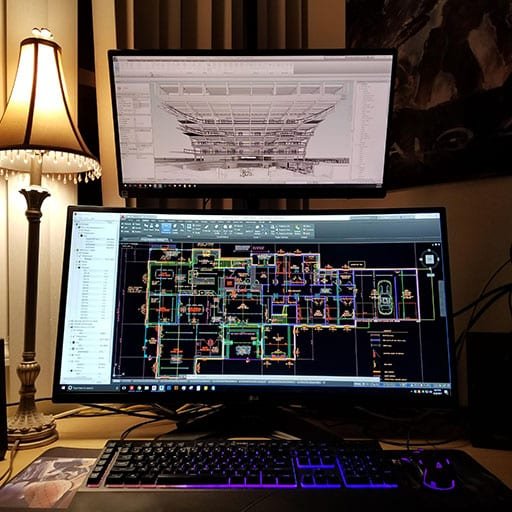Node.js is a popular runtime environment for building server-side applications. However, it can also be used for IoT (Internet of Things) applications to connect devices and collect data. Here’s how Node.js can be used in the context of IoT:
1. Device Connectivity: Node.js provides various modules and libraries that enable communication with IoT devices. For example, the "serialport" module allows Node.js applications to communicate with devices connected via serial ports. Similarly, the "mqtt" module enables MQTT (Message Queuing Telemetry Transport) communication, which is a lightweight protocol commonly used in IoT applications.
2. Data Collection: Node.js can be used to collect data from IoT devices. It can receive sensor data, process it, and store it in databases or send it to other systems for further analysis. Node.js provides modules like "mqtt" and "socket.io" that facilitate real-time data streaming and communication between devices and servers.
3. Data Processing: Node.js is well-suited for processing and transforming data received from IoT devices. It can perform calculations, apply business logic, and generate insights from the collected data. Node.js also supports asynchronous programming, which is beneficial for handling multiple concurrent data streams from different devices.
4. Web Interface: Node.js can be used to create web interfaces for IoT applications. It can serve web pages, handle HTTP requests, and provide real-time updates to users. Frameworks like Express.js can be used to build RESTful APIs that allow users to interact with IoT devices and access collected data.
5. Scalability: Node.js is known for its scalability and ability to handle a large number of concurrent connections. This makes it suitable for IoT applications that involve a large number of devices generating data simultaneously.
6. Ecosystem: Node.js has a vast ecosystem of modules and libraries that can be leveraged for IoT development. These modules provide functionalities like data visualization, database integration, security, and device management, making it easier to build robust and feature-rich IoT applications.
Overall, Node.js provides a flexible and efficient platform for connecting devices, collecting data, and building IoT applications. Its event-driven architecture, scalability, and extensive ecosystem make it a popular choice for IoT developers.
